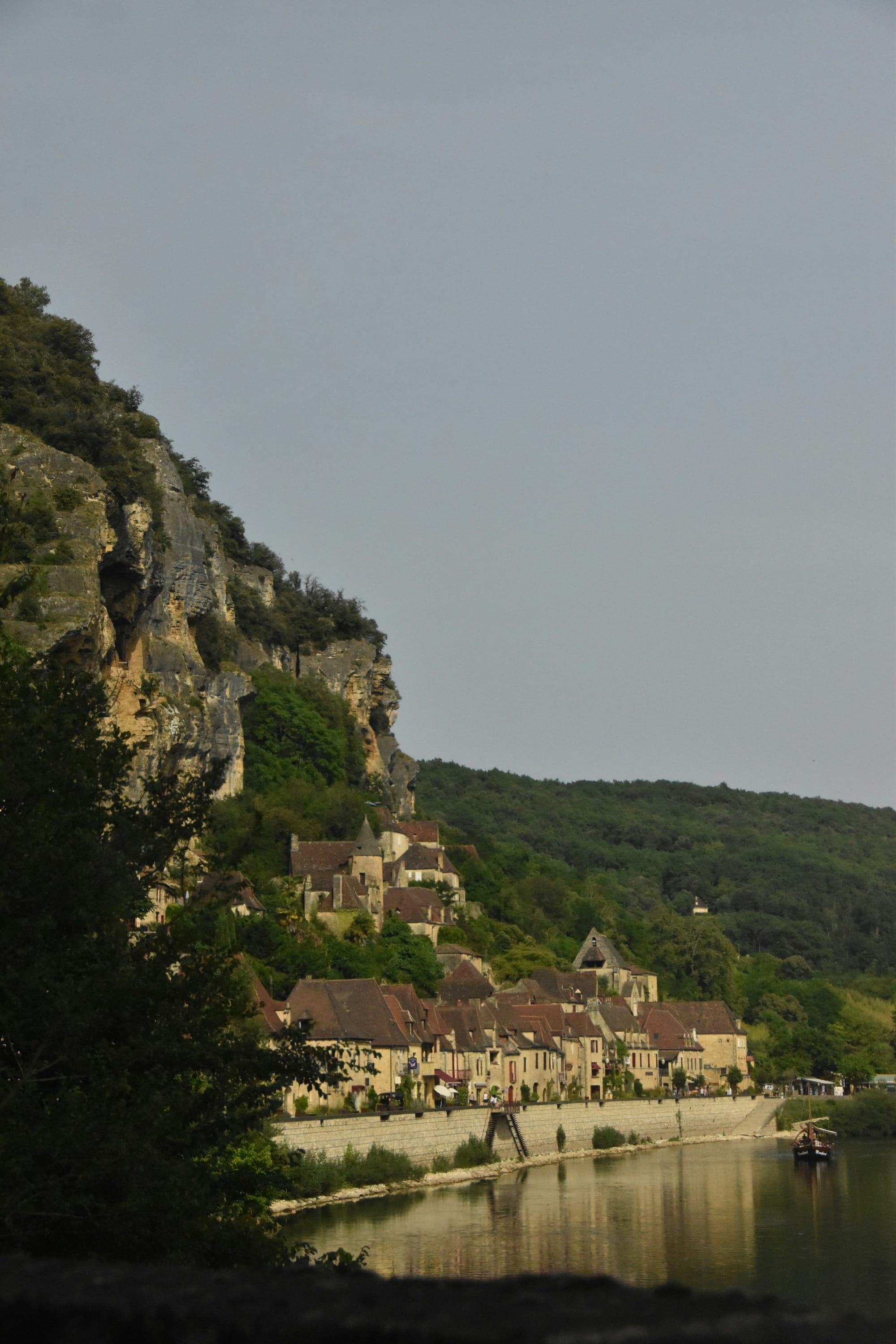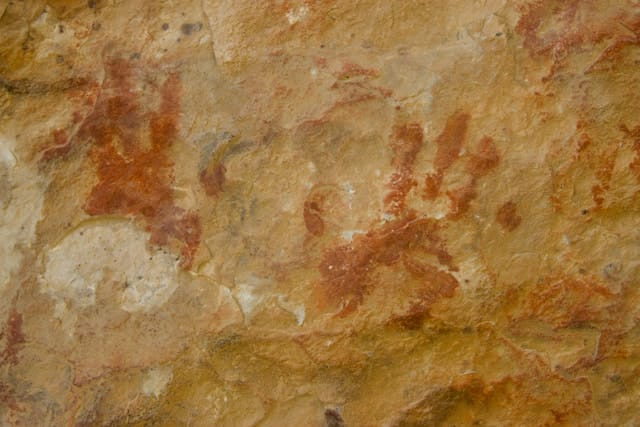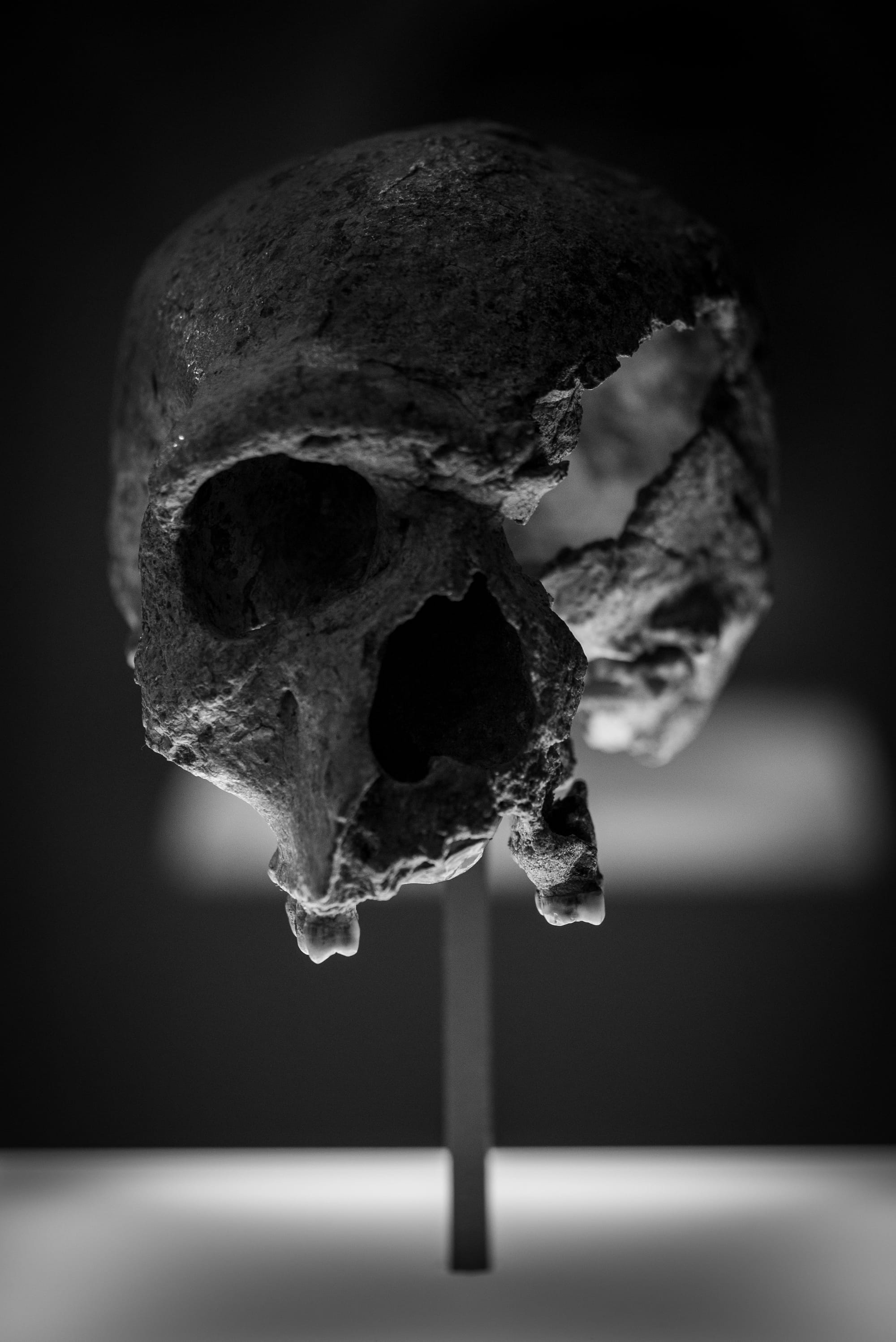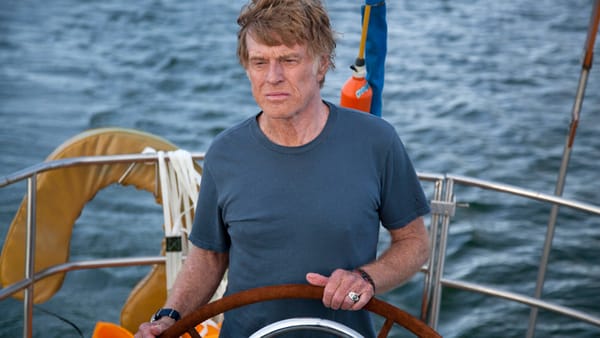We are Primitive Man
Rachel Kushner's novel Creation Lake shows us that liberal activists want the same things that humans have always wanted, and conservative forces just want to be left alone to do as they please. The differences in political extremes often lead to the same end points.

Have you heard the saying: politics is a circle, not a spectrum? It means that extreme ideas often lead to the same outcomes. But what about the desires of the extreme end points on the political spectrum, are they also the same desires? In a time of intense division between those with polarizing opinions, perhaps there are unexpected meeting places in wants and needs, found in the basic drives and desires of mankind.
Rachel Kushner is a writer and essayist whose most recent novels have included Creation Lake (2024) and The Mars Room (2018). She attended UC Berkeley for her undergraduate degree, and received her MFA ( Master's of Fine Arts) from Columbia University. She has been around the literary scene for many years at this point, but her novel Creation Lake, only released in 2024, shows a deep attunement to how the old influences the new and how history tends to repeat itself. I think this connection between ancient man and modern man mirrors the theme in the novel of political extremists (or those extremely apathetic to politics) often chase the same goals.
The novel which takes place in the French countryside in a town called Guyenne, centers around and is narrated by a corporate spy, an espionage darling who spends her time loaning herself out to privately interested parties after her fall from grace with the United States Federal Bureau of Investigation. The town in France in which the plot transpires does not exist, but if you have ever been to France, you know that agriculture is a really big deal there, and lots of people who do not live in a big city, such as Paris, make their living off of the land. The tension in the novel between the commune living hippies, the tree hugging anti-government land regulation and water basin reallocation "eco-terrorists" is a caricature that comes from a true disturbance in modern France. The threat of "Big-Ag" ruining the lives of provincial French peoples is real and frightening. It is a threat that has even been felt in the United States, but at this point, which has already occurred in the United States. Think Tyson Chicken Nuggets.

As to our apolitical actress, we never learn her name, although her voice narrates our entire experience of the world. She might be Amy or Sadie Smith, or any other number of aliases. It really does not matter as her experience transcends her identity.
Sadie who once spent the entire night awake, spying on the man whom she would try to convince the French commune to kill, found a metaphor for who she is in a mountain of salt in Spain. She reminds us that salt used to be used as currency, that it was that valuable. It is something small, but which has been integral to a culture, and can be dug out from the core of the earth. As she would remind us, the readers, we must know who we are at our cores, what the “salt” of ourselves is, and “mine” it as we see fit. When Sadie is talking salt, she is talking about values, the values we hold, and the values that others hold, of which we can take advantage.
When she refers to this "salt" she is referring to the core of our identities, which she clams lie outside of politics and instead in taking what each person needs for themselves.
She sees the ecological activists in the commune as posers. She describes how they dress, as if they are desperate to present their activism in their attire. Sadie has seen other activists before, and notices that some dress more for the academic side of their work, for the arguments over policies, while some dress to show a connection with their wild and free spirits. Their politics might change, just like their styles.
How they clothe themselves is not who they are, and neither are their political ideals. Their wants and needs are truly separate from their opinions on policy.
This highly individualistic and apathetic attitude appears as divorced from activism and radical change as an attitude might be. For Sadie, what matters is the reality of who people are, and their ability to go after what they want, unapologetically, without stepping lightly around it. She has little patience for posers. Ironic, as she is an undercover agent.
As such, she gets what she can takes advantage of the values of others when she can use those values to meet her desires. That is okay with her because she worked for it. For example, she is willing to take advantage of another American in the commune, assuming that because he has a rap sheet, he will do her dirty work. She assumes that he needs the rush of breaking the law because she needs him to do that for her. If someone goes to jail due to her entrapment of them, so be it. This is her job, and this is the way that the world works. She gets to pick her price for the emotional and physical work that she puts in. For Sadie it is a case of supply and demand, and there a not many who can do what she does.
So, if activism and change do not matter to Sadie, why does she end the book entirely changing her life?

What makes this novel such a linking point between past and present is the way in which the narrator’s seemingly apolitical and amoral actions seem to be in service of a deeper need to connect with ancient and primitive needs inside of herself, needs that make her human. Even as she works to frame an eco-extremist group for terrorism, she also falls into infatuation with their mentor, Bruno Lacombe, who has become fascinated by primitive man, the neanderthal. She spends much of the story combing through the pages of his emails, hoping to find revelation in what she writes, and symbolically she does. He teaches her, accidentally not knowing that she has hacked into his email, how to find the north star by using the big dipper constellation, and that is what she ends the novel doing. He shows her true north. She leaves the spy business, and she goes to live where no one will bother her. Really, she achieves the goal of the commune that she set out to frame for the murder of a hated low level political drone.

I am sure that all of this sounds a bit abstruse and complex. Not the plot itself but maybe the reason why it works to connect a modern politically driven society with a primitive one, where basic needs superseded the group needs of a society. What I think Kushner does well is demonstrate how the drive of a worldwide interconnected media centric culture actually shows how little we have changed in some ways from primitive man. We still protect the community and act often in our best interest, while trying to keep some semblance of peace and order. As Sadie does when she leaves the spy hustle and hides away in Spain, she focuses on what she wants and needs to survive, even though she was willing to injure a peaceful commune in order to achieve material success. She wants the same things that the commune wants in many ways: both want to be left alone to order their lives how they see fit. That is a basic need and a basic drive. It is primitive.





